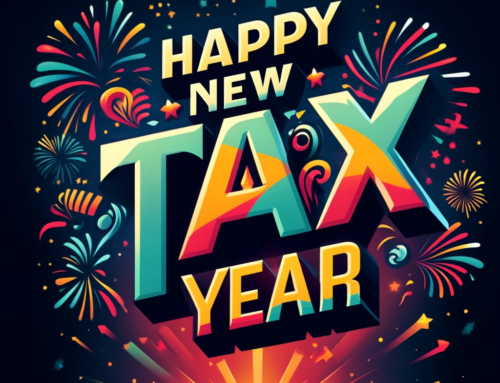
Reversed
It took little over a week for HMRC to realise that perhaps this wasn’t the best idea for the economy and the motor industry.
The following blog should now be read in the context that at the time of writing it was correct but HMRC has relented and will now treat these vehicles as vans again. https://www.gov.uk/government/news/update-on-hmrc-double-cab-pick-up-guidance
Original Blog
Ever since I can remember, Double Cab Pickups, with a payload of over 1 Tonne, have been classed as a van for tax, which meant that if there was any personal use then there was a capped Van and Fuel Benefit. If personal use was merely incidental, then there was no Benefit in Kind at all.
As such, this type of vehicle has been extremely tax efficient and popular, especially for those in construction.
But from 1st July 2024 everything changes because HMRC will no longer view these types of vehicles as a van, but instead they will be treated as cars for tax purposes. This means that the BIK Tax will be based on the Co2 value of the vehicle, which is in turn based on the engine size and fuel type.
What are the Implications of this in terms of £’s and Pence?
To put this into context, let’s take one of the most popular king cab trucks, the Toyota Hilux, with an OTR price of £29,000 and with a CO2 level of 226 (g/km).
Under the existing rules the benefit on this as a van in 2023 / 24 would be:
- Van Benefit – £3,960
- Fuel Benefit – £757
This means you would pay an annual tax of £792 / £1,584 at 20% or 40%, depending on whether you are a basic or higher rate taxpayer.
Plus £151 / £302 tax on the Fuel.
As mentioned, if there weren’t any personal use then the benefit would be £0.
Car Benefit
If you were to buy this after 1st July 2024 when it is classed as a car, the benefit, based on the same vehicle, would be:
- Van Benefit – £29,000 * 37% =£10,730
- Fuel Benefit – £27,800 * 37% = £10,286
This means you would pay an annual tax of £2,146 / £4,292 at 20% or 40%, depending on whether you are a basic or higher rate taxpayer.
Plus £2,057.20 / £4,114.40 tax on the Fuel.
There is no rule to allow merely incidental personal use of Cars and the rules around Pool Cars are very strict.
In summary
This is going to put a serious dent in the market for these vehicles. For many, these will simply no longer be an option. No doubt the motor industry will be reeling from this decision as sales will inevitably dry up.
The saving grace is that if you purchase or agree a lease prior to the 1st July 2024, you can secure the current treatment of these vehicles until 2028.






